Do Portable AC Units Need to Be Recharged? Discover the Truth!
Portable AC units do not require recharging as they utilize a solid cooling formula, making them different from traditional air conditioning systems that use refrigerant. Portable air conditioners have become increasingly popular owing to their flexibility and ease-of-use.
Whether you need relief from the heat or want to cool a specific room in your home, portable air conditioners provide a flexible way to achieve this. You may be wondering, do these units need the recharging just like with other conventional air conditioning systems? If you have a portable unit, the good news is that those kinds of box-style AC units don’t require any sort of recharging since this model doesn’t use refrigerant to cool the air.
We will also dive into how portable AC units operate, discuss the benefits, as well as maintenance tips to maximize efficiency. Read on and find more about these functional and stress-free cooling options.
Exploring The Myth Of Recharging Portable Ac Units
When it comes to preventing tiny areas cozy on warm summertime days, a portable AC aerator is actually a favored choice. A common question when using these units is whether or not they need to be recharged. In fact, they are not supposed to ever recharge portable AC because these items do not have a charging port. Where traditional air conditioning systems use a chargeable refrigerant to cool the air, portable AC units simply suck in and heat up the ambient air. Instead, they circulate refrigerant through coils to pull heat out of air in a closed-loop system. The refrigerant is in the closed loop system, it is never used up or runs out.
But, why then does the portable A.C cool the air but only some of it? Using the evaporating coils, they suck in warm air from the room through these units. This air is what cools the inner coils that are filled with refrigerant, absorbing its heat. Cooled air is circulated back into the room to bring it back down to a pleasant level. It emits heat out to the environment using a hose.
The function of the refrigerant is also crucial to the cooling process. This is material that removes heat from the air and sends it outside. This is to say that a portable AC unit is made to cool as effectively as possible, and its size/applied refrigerant is tuned specifically for this. Note: portable air conditioners generally do not need refrigerant levels to be refilled or otherwise recharged unless the unit is somehow damaged and no longer running.
Tips For Optimal Maintenance Of A Portable Ac Unit
Routine Cleaning and Maintenance habits
So in order for you to maximize the quality and longevity of your unit, it is important that this thing gets clean as often as possible. Between these maintenance services, you can do little things like cleaning your air filters to keep dust and debris out, because clogged filters are the #1 killer of airflow and strainer of your unit. Cleaning the AC coils and vents also removes dirt and ensures smooth operation.
Ensuring Efficient Operation:
The good maintenance comprises of checking the hoses, connections and seals for any leaks or damage in unit. Doors and windows must be closed tight to avoid losing air through them. Insulation — Insulation is vital in ensuring that the refrigerator works well and stays cool.
Proper Placement Of Portable AC Units:
Where you put your portable AC unit can make an enormous difference in its performance. You want the unit to be close to an electrical outlet and you do not want it in direct sunlight or near any personal electronics which can generate heat. It guarantees good ventilation and this improves the cooling experience.
Professional Help Required:
Although the regular maintenance and cleaning can be done by the manage himself, however sometimes it is necessary for expert help. Professionals can inspect your unit, check for any possible problems, and offer the expert maintenance services you need to keep it running its best.
When to Call a Professional:
If you hear any strange noises, smell a rank odor or if your AC unit is no longer cooling how it should be, then call in the hands of an experienced at once. In time intervention can help to prevent more damage, and your unit will continue working.
Pros of Professional Maintenance Services
Of course, professional maintenance services keep your portable AC unit in good repair and ensure that it runs at full efficiency. The result is less energy used, longer lasting products, and cleaner air.
Common Misconceptions Debunked
False: The Rechargeable Portable AC Unit This myth often comes from how these objects work. Another difference between these models is that refrigerators must charge up occasionally because, unlike modern portable ACs with a closed-loop system, they do not consume any refrigerant. They just carry and cool the refrigerant currently circulating to cool the facility air.
Rechargeable Portable AC Unit: Indicators:
When someone discovers that their portable air conditioner is just not cooling as well, they may believe it must be recharged. However, this is hardly ever true. Poor cooling performance results from clogged filters, dirty coils, or incorrect installation instead of low refrigerant. Hence, diagnosing the root causes of a need to recharge is important before one thinks for recharging.
Knowing what Low Refrigerant Levels Look Like:
These indicators typically turn into low refrigerant alerts or error codes in portable AC units to enable users to recognize when the refrigerant levels are falling short. Still, these are really more safeguards than signs to imminently recharge. All of these alerts are usually a result of other issues — dirty filters or ventilation problems for example.
Rechargeable Vs Non-Rechargeable Units:
This means that some air conditioning units – particularly those in larger commercial units – will need recharging every so often. Yet unlike household models, most home portable AC units do not require recharging. Even though rechargeable AC units are not unique, the manufacturers of your specific unit will call out that fact in the instruction manual or product details.
Enhancing The Efficiency Of Portable Ac Units
HOW TO INCREASE THE LIFESPAN OF PORTABLE AC UNIT?
By taking care of it, you can extend the longevity of a portable AC unit and get more out of your investment. Following are some of the tips to extend your unit longevity:
Avoiding mistakes that hinder longevity:
- To prevent dust build up, clean and replace the air filters as recommended for optimal performance and airflow.
- Keep the exhaust hose straight and unobstructed helps maintain ventilation.
- This will put undue pressure on the compressor if you run the unit continuing at higher temperatures
Take Energy Efficiency into Consideration:
Energy efficiency will not only save money but will also make sure your portable AC unit runs well and lives a long life. Choose models with a high energy efficiency ratio (EER) and programmable timers which can provide you with greater control over the cooling time.
Ways to Save on Energy Cost for Portable Air Conditioners:
- Keep the temperature at a moderate level instead of the coldest option available
- Use the sleep or timer functionality of the unit to regulate temperate automatically when you’re not in home
- Keep doors and windows closed so cold air cannot escape.
- Insulate your room or use curtains to contain heat
These tips will keep your portable AC unit working efficiently and reliably for years to come.
One Last Thing: Do Not Fall For The Recharging Lie
Rebecca’s final thoughts: Breaking the recharging myth
The Scoop on Portable Air Conditioners and Refilling
It would be perfect for the summer months, as this is definitely a time you could not do without air conditioning! These units have various urban legends attached to them, including a popular one that they require recharging. But the fact of the matter is, portable AC units should not require a recharge like you would need to take your car in for.
Routine maintenance and cleaning are integral for the optimal performance of portable ac units. Filter maintenance is necessary to provide airflow and cooling. In addition, its always important to have the right amount of refrigerant, however one that can not be done by the user. In the case that your portable AC unit isn’t cooling properly, the repair probably has nothing to do with a refrigerant recharge.
Therefore you should keep it clean and frequently maintain your portable ac unit so that you can keep using the bathroomless portable air conditioner! This includes the recharging lie that you can easily fall for. Instead, concentrate on making sure that your portable AC unit is well-maintained to operate efficiently throughout the summer.
The Most Common Portable A/C Recharge FAQs
When of those is it possible to Operate a Transportable Ac Without Re-charging?
Portable AC units can indeed operate without requiring additional refrigerant to be recharged. Air purifiers take the air from your room, cool it and exhausting into your room again. As explained by the Consumer Reports Air Conditioner Buying Guide,you only have to recharges when little or no cold air is being generated, because there either has not enough cooling being produced, this can be mostly cause by a refrigerant leak or inefficient airflow in.
Portable Ac Units – How Often Do They Need To Be Recharged?
Personal air conditioners would only need refilling if there is a problem with the device. This purpose is to operate all day without the need for daily recharging. In the event that you notice a decrease in cooling power or other issues, have an expert check your unit and top off it if necessary.
The user can recharge a portable ac by themselves?
A portable AC unit should be recharged by a professional. Working with refrigerants, which can be made harmfull if proper precautions arent followed. For any type of recharging, it is essential to read the manufacturer’s instructions or take help of professional technician.
In other people words I do not mean try to refill the Amplifi by your self, that would cause damage to the unit or could also cause you personal harm.
How To Tell If It Is Time To Recharge A Portable Ac Unit?
Different portable air conditioners exhibit various behaviors when it might be time to recharge them, examples of some symptoms you may notice include: reduced cooling capacity, longer cooling cycles, warm air blowing from the unit. One of the most essential signs that you need to recharge your air conditioning is if your AC unit has stopped working, and there are several other clues that this may be happening which means a professional technician needs to check it out but first consult with an expert feelings.
Conclusion
So, in short portable AC units are rechargable. They work by cooling air with refrigerant, something that does not get used up or run out during this process. But be warned: your unit will perform at the highest level when it is cleaned and serviced on a regular basis.
You can enjoy cooling air with no recharging needed by following the manufacturer’s instructions and maintaining your car.air conditioning. Stay cool and comfortable!

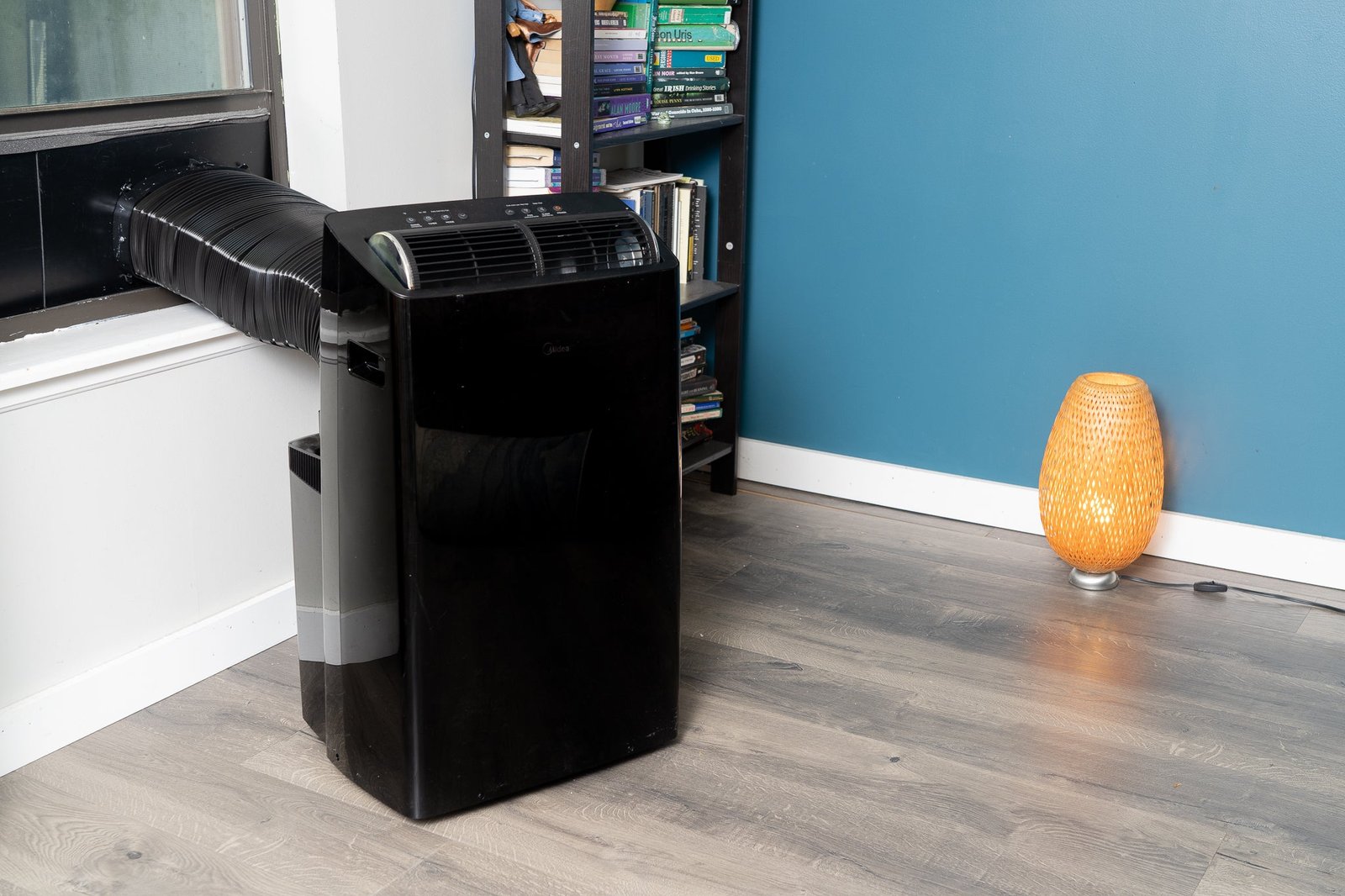
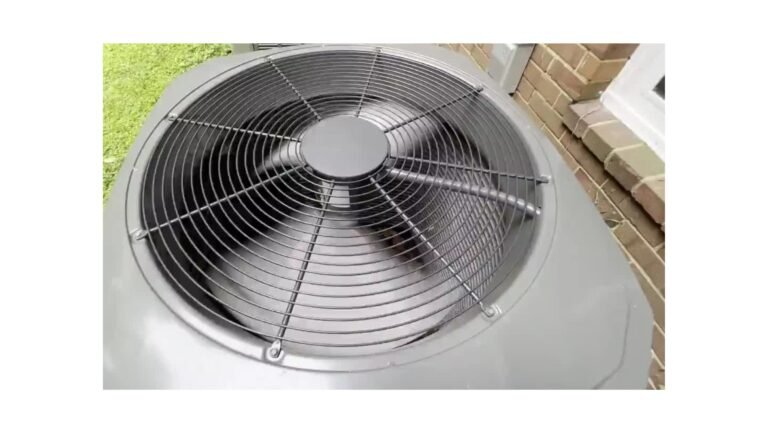
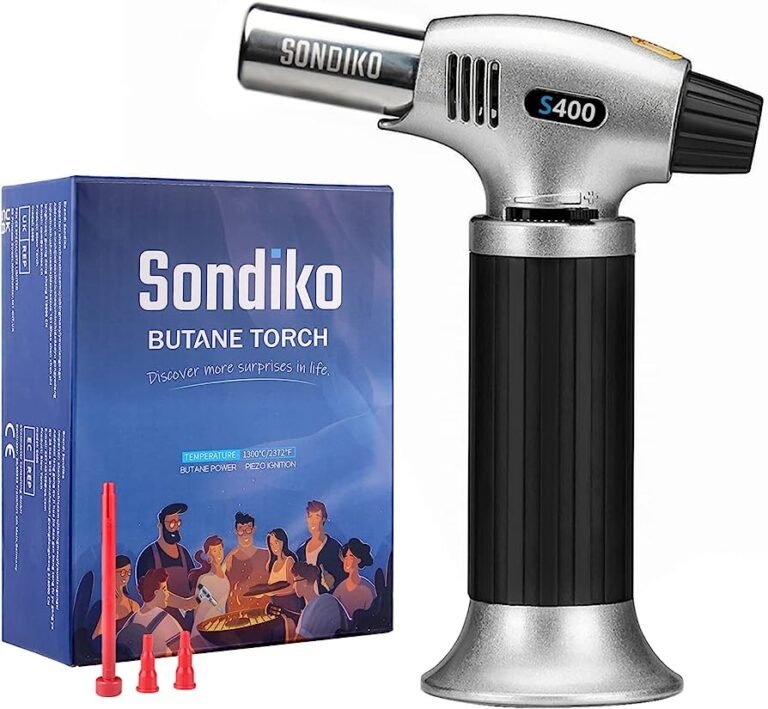
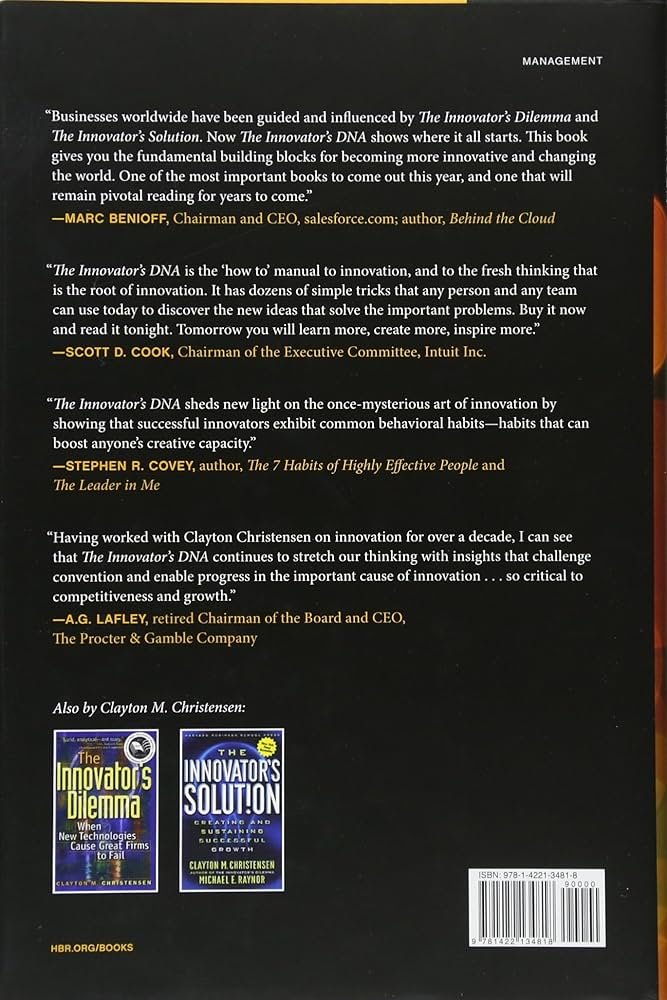
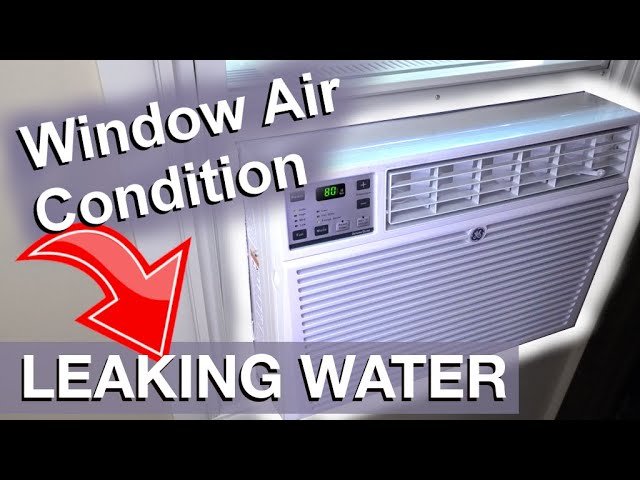
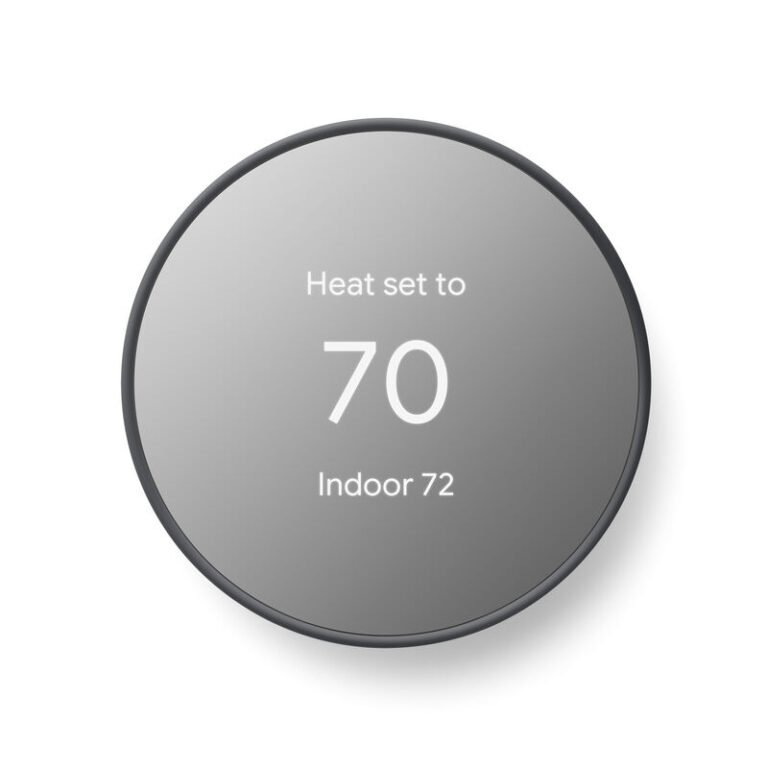

One Comment